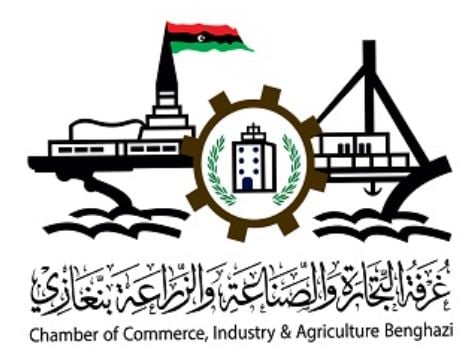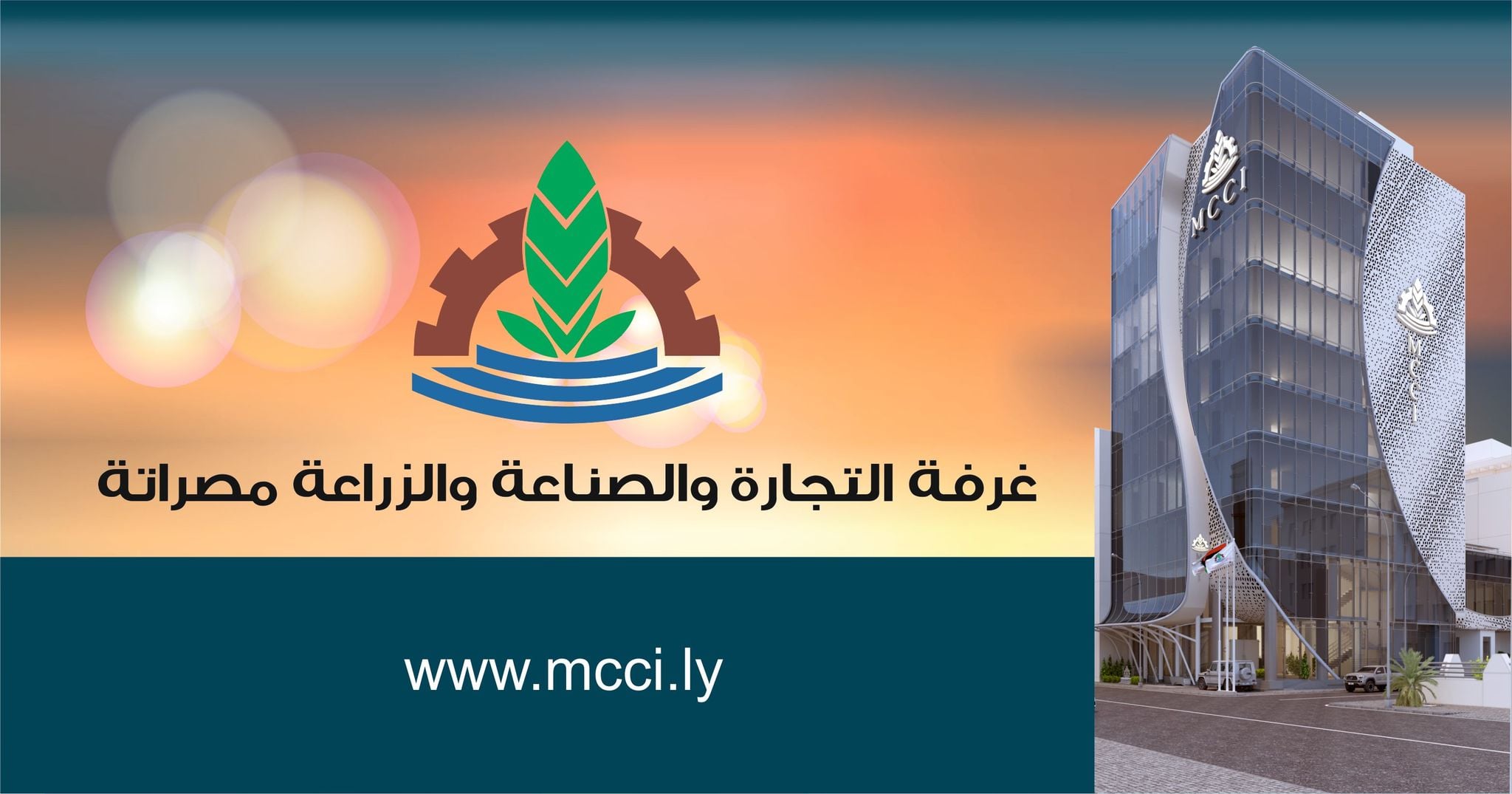By Abdulbaset Elfituri,
Tripoli, 15 September:
“Re-engineering the Health Systems for Libya” was the title of a health conference that was conducted at . . .[restrict]the Rixos hotel, in Tripoli, on August 26-30, 2012. The conference was aimed at establishing the roadmap for the health systems strengthening process.
The conference consultations aimed at identifying immediate health sector needs. About five hundred health professionals Libyan and international expertise, participated. The conference participants discussed the six pillars of the health systems. These are health governance and management; service provision; financing health care; human resources; pharmaceutical and health technology management; and health information systems.
It was this author’s privilege to be invited by the conference organizers to actively participate and contribute to the conference sessions and programmes. That was by way of giving a presentation on the country’s current pharmaceutical situation, and by the coordination of the pharmaceutical and health technology conference workshop.
The conference delegates agreed that access to health care, including access to essential drugs and necessary health technology, is a prerequisite for realizing the human right for appropriate health care. Pharmaceutical care plays a crucial role in many aspects of health care. If available, affordable, of good quality and properly used, drugs and other health technologies can offer a simple, cost-effective answer to many health problems.
It is admitted that the current country quality assurance systems are inadequate. There is a lack of adequate drug legislation and regulations, and a stable or functioning drug regulatory authority with adequate resources and infrastructure to enforce the legislation and regulations. Furthermore, continuous organizational supply difficulties and acute shortages exist. It is believed that the reasons are complex and go beyond simple financial constraints. In fact, Libya lacked the goodwill and political commitment. It was a well-organized dis-organization.
Suggestions and recommendations of the conference:
(i) Legislation and regulations:
The conference participants addressed the need for political and governmental goodwill to improve the country’s health care all together, including the pharmaceutical and medical technology services. This goodwill has to be translated into actions and implementation. An updated, National Health Strategy, with short, intermediate and long-term objectives and plans, designed by the concerned stake-holders, is a prerequisite.
The strategy identifies the Libyan population’s needs and sets the services sector priorities. A completed, updated and circulated National Drug Policy should be integrated with that National Health Strategy. Legislation forms the basis for the implementation of the said strategy and policy. It also represents the first step for the pharmaceuticals and medical products supply regulation. That includes the development of the Pharmacy Law. Rational, professional, evidence-based and transparent special operation procedures are to be developed. These are to be stable and continuous.
The health professionals that participated at the conference believed that extensive stake-holders’ consultation, with all concerned sectors, bodies and health professions is required. By attaining the targeted objectives, Libya can reduce morbidity and mortality, decrease the incidence of catastrophic illness that can increase impoverishment, and prevent large-scale losses to the health and economic systems. Systematic, cost-effective selection and regular update of the national specifications list, for pharmaceuticals and other health technology products is recommended.
Pharmaceutical, parapharmaceutical and health technology products need to be safe, effective and of good quality in order to produce the desired effect. Ensuring these properties requires the support to the National Center for Food and Drug Control, to be a competent national drug regulatory authority. It is to monitor and steer the respective policies and legislation. In addition to the required legislative and regulatory actions, the center has to be developed with a professional and efficient infrastructure.
It is to be equipped with the adequate technical resources and the necessary trained human capacity. Appropriate products registration and pricing, as well as personnel and facilities licensing procedures are to be developed. An independent pharmaco vigillance unit is to be established. A professional drug information center is to be developed.
The participants recommend that national standard treatment guidelines are to be developed. Hospitals drugs and therapeutics committees are to be established. The promotion of the concepts of essential drugs, rational drug use and generic prescribing in basic and in-service training of health professionals are to be promoted.
(ii) Planning and services quality assurance:
The conference participants stressed the need of the equal distribution of resources among the country’s regions. They support centralized planning and national policy making, and decentralized implementation and services provision. The districts’ needs and priorities are to be identified locally. Districts’ resources are to be dealt with locally, effectively, efficiently, economically and with equity.
Customer-focused, convenient and cost-effective services and quality is to be assured, through proper regulatory procedures. Transparency, accountability and credibility have to be promoted. Government commitment to the principles of auditing, monitoring and evaluation is essential. The use of regular indicator-based surveys is required. Pharmaceuticals services users’ levels of satisfaction are to be regularly measured. Furthermore, the bottom-up model of decision making is recommended.
The government needs to develop national strategies to reduce corruption and criminal activity and promote intersectoral cooperation between regulatory authorities, police, customs services and the judiciary to effectively control the medical market and enforce health technology regulation.
(iii) Medical supply:
The conference participants strongly recommended appropriate funding for the health sector, for the procurement of drugs and for medical products. In addition to quality control, human capacity building in drugs and medical products procurements, distribution and supply is essential. Central public sector transparent tenders, with districts representatives participation, and with districts/hospitals’ allocation of budgets and purchasing can be organized. Professional health information system and reliable data will definitely improve decision making and services delivery.
Coordinated central inventory management of distribution and redistribution system can eliminate or minimize lots of waste. Authorized trained personnel in each health facility for the management of the medical waste can reduce the risk. Procurement of medical equipments should be separated from that of the pharmaceutical products. Procedures that promote transparency and cost-effectiveness are to be established and promoted.
The conference participants called on the government to create a supportive environment for the local manufacturing of pharmaceutical products and health technology. That includes the empowerment of the local and international investors. They also recommended the empowerment and monitoring of the private sector and enforcement of national commercial agencies, with set responsibilities.
(iv) Professional education:
It is recommended that collaboration between the Ministry of Health and Ministry of Higher Education be established to improve the output of the pharmacy schools with the new specialized roles. Pharmacy undergraduate curricula need to be reformed and updated. It is recommended to provide postgraduate training programs in fields such as pharmaceutical care, clinical pharmacy, hospital pharmacy, regulatory pharmacy, quality control, pharmaco-vigillance, pharmaco-epidemilogy, radiopharmacy, medical supply management and pharmaco-economics.
This can be made in partnership with high standard international universities. A system of continuous professional education has to be established, and suppliers’ scientific offices may support the health sector development. [/restrict]









